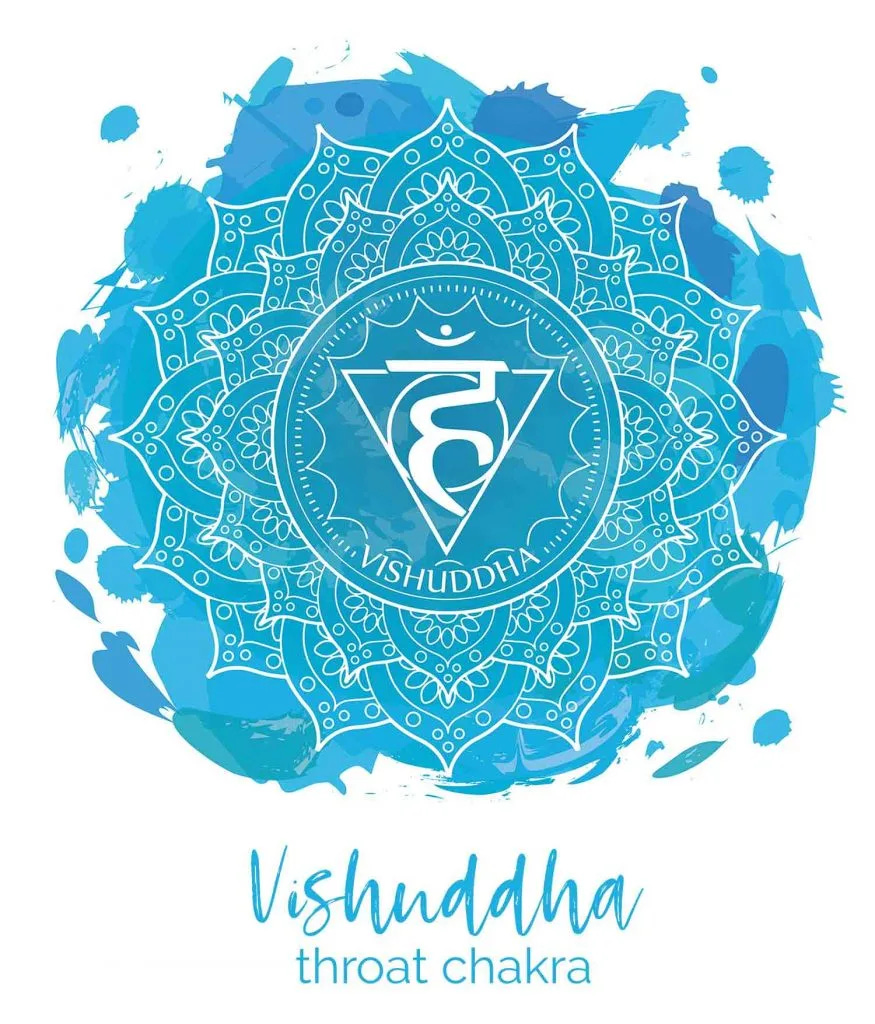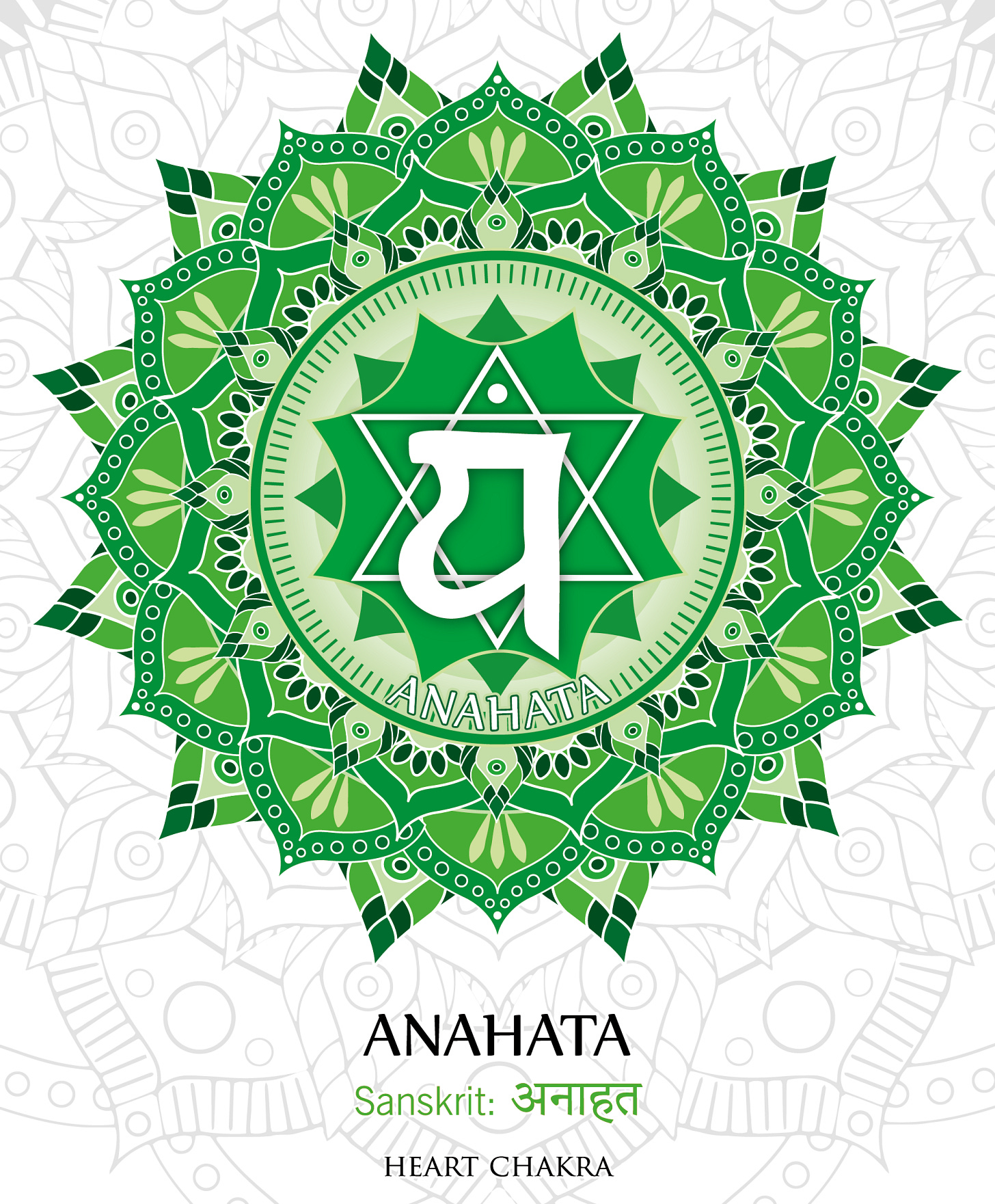What a massage failure can teach you about living with more ease
... and 2 freshly brewed book reviews
Hi there,
Have you ever tried something, failed, and been happy about failing?
Let me back up a bit …
Hi, I’m Victoria Klein (most call me VK). I have CPTSD and I’m a (hopefully) former people-pleasing perfectionist (try saying that 3 times fast - ha!). And I use humor to diffuse tension.
I was the kid in school that got straight A’s without trying. I was the kid on the honor roll every semester. I was “gifted” with an “old soul.”
Do you know what that actually means?
It means everyone assumed I knew what I was doing (leaving me with little or no supervision or guidance), but all I was actually doing was going through the motions on auto-pilot, following society’s example, suppressing myself as much as humanly possible to “keep the peace.”
Over the last 2 decades, I’ve seen a few different therapists, learned a lot of healthy ways to cope with intense emotions, and generally become less of a sarcastic asshole who doesn’t feel like she deserves to be alive.
In other words, I’ve been spending my entire adult life up to this point learning to be vulnerable, and that being vulnerable is a strength.
Maybe you can relate.
Even with all my progress, the perfectionist/annoyingly productive part of me still seeps out (roughly 3 times per week) … so when I read this edition of Lisa Olivera’s newsletter, I re-read it 5 times in a row:
Perhaps, like me, you were raised with a mindset of being able to do it all on your own and seeing that as a badge of honor.
In how many ways have we been taught we’re supposed to be able to do everything ourselves? In how many ways have we been conditioned to not ask for help, not need support, not need? In how many ways have we been programmed to assume getting support and help on things we might not deem necessary is lazy, spoiled, too needy, or “must be nice”?
Let’s return back to that idea of being happy about failing …
One of the side effects of my “independent” childhood was that I was/am very disconnected from my body.
My body is where I feel emotions, I don’t understand emotions, so I don’t want to exist in my body. Simple logic.
In my early 20s, I had a therapist suggest that I become more physically active and get monthly massages to help reconnect with my body and process my suppressed emotions - to literally feel them out.
When I got my first massage on my 30th birthday in upstate New York, I cried for 15 minutes afterward.
Fast forward to now, at age 38, and it’s been 3 years since my last massage, thanks to COVID. I usually go to spas for my massages, but this time, I chose to go to a national chain that I’ve heard good things about.
I tell my massage therapist that I hold a lot of tension in my neck and shoulders because I work at a desk and I hadn’t had a massage since COVID started, so there’s a lot of anxiety and stress trapped in there. (I’m writing this less than 2 hours after the said massage.)
The 80-minute massage is going wonderfully, even the physically painful parts when she’s doing deep tissue work on my shoulders … and then we get to the end of the massage.
If you’ve ever had a massage before, you know they work on your neck last … and it was a massage to remember.
Have you ever had someone tell you to relax and take a deep breath more than 15 times in the span of 10 minutes?
Well, now I have.
With CPTSD comes trauma - emotional trauma with a perpetual fear of abandonment and desire for control that physically manifests … and do you know where it manifests?
Your shoulders and neck. (You’re so smart!)
If you’re familiar with the chakra system, we’re talking about vishuddha (the throat chakra) and anahata (the heart chakra).
Vishuddha is associated with self-expression, communication, and the ability to speak your truth.
Anahata is associated with balance, calmness, and serenity.
Each chakra is also associated with a color: vishuddha is blue and anahata is green.
Guess what my favorite color is? Blue.
When I became a certified Yoga teacher, I was assigned a mantra from the Himalayan lineage to meditate on (which I still use) - do you know who the mantra is about? Shiva, the god of destruction with blue skin and is also associated with the throat chakra.
See how this is all coming together? No? I'll keep going …
During the last minutes of my massage, I was apparently both trying to engage my muscles to hold my head up with my neck (even though my therapist had a solid hold on me) and I was subconsciously trying to predict what she would do next and tense my muscles to help.
I say “apparently” because every time she told me to take a deep breath and release my muscles … I felt no difference. I no longer know what it feels like for my neck and shoulders to actually be relaxed, to have ease.
For all intents and purposes, I failed to relax in that moment.
And that failure … THAT I could feel.
A sense of shame and disappointment was swimming in my veins as I continued to take deep breaths - the type of breaths I would take if I was having a panic attack.
But countless deep breaths and reminders to relax later, it was over.
When I sat up, I felt what I thought was some semblance of ease in my neck … but I also felt like my Soul was sitting in my brain.
I wanted to help. I wanted to be in control, to know what was next. I wanted two very opposite things, yet both sides of the same coin … and all of it was subconscious. All of it was the trauma talking through my muscles, and I couldn’t get them to shut up.
I failed … so why was I smiling?
Because I have a new starting point. A new lens to see myself through. A new way to frame my progress and, dare I dream, to find ease.
Finding the permission to not be all things to all people and have all the answers. To not need to control every minute of my waking hours. To not need to be needed to have value.
Finding the permission to speak fully, powerfully, and confidently. To connect with others in ways I never have before. To be me in its most genuine form (even though I don’t even know what that truly is).
Humans are social creatures, and our obsession with doing everything on our own runs counter to that innate reality.
This doesn’t mean everything is going to magically be easy …
What it does mean is that we can unlearn the belief that we’re supposed to do hard things all the time, that receiving help makes us less than, that allowing ourselves to offload things means we’re just not trying hard enough, or that cultivating more ease in the spaces it’s available to us is entitled (or fill in the blank with whatever word arises for you when you think about this). … It means we can let go of the notion that everything in life is supposed to be hard. It means we can say a big fuck you to the systems and hierarchies that make ease difficult to access for so many. It means we can let ourselves stretch into ease where we might feel more comfortable in difficulty. And it means we can slowly practice trusting ease is for us, right now, as we are.
On this specific day, failing was the best thing that could have ever happened to me.
In this chapter of my life, I’m going through one of the biggest changes I’ve ever faced: I’m getting divorced. For the first time, I’m saying it publicly, and it feels fucking good to finally share my reality.
After nearly 19 years together, my partnership is ending (amicably, I might add), and the sudden and unexpected jolts of emotions, thoughts, fears, and what-ifs… it’s enough to drive a person mad.
We don’t hate each other. We’re not even mad at each other … but we are different. We want very different things out of this precious life we were gifted and we’ve both made huge sacrifices for each other already … but we simply can’t anymore. We were in couples therapy for 3 years. We put in the work. This is the end.
And failing to relax, during a massage no less, is just the wake-up call I needed.
So I failed today, and I smiled about it because that is the only way I know how to invite more ease into my life.
I hope you smile the next time you fail, knowing this is not the end for you, but just the beginning.
📚 Refreshing Books Worth Sipping 📚
Leave a comment + let me know if you’ve read any of these books 🤓
The Practice of Groundedness by Brad Stulberg
Heroic individualism is in the water, perpetuated by a modern culture that relentlessly says you need to be better, feel better, think more positively, have more, and “optimize” your life—only to offer shallow and superficial solutions that, at best, leave you wanting.
I had never heard the term “heroic individualism” before, but it oddly aligns with some of what I wrote about today. There is no shortage of self-help books and modalities out there, but Brad’s well-research and genuinely doable methods of groundedness have me more motivated than ever to find easeful ways to move through this life, day-by-day.
Buy Yourself the F*cking Lilies by Tara Schuster
I think that a lot of people lead their lives never having really lived them at all. They play the roles they were assigned early in life, without questioning if they even want to be this way. They get comfortable, even with really uncomfortable circumstances. They let the days and weeks and years wash over them and never see that they have the power to change IT ALL.
Speaking of unique self-help/self-improvement books, I consider Tara’s book part memoir, part self-improvement because she does NOT pull any punches about who she used to be, the choices she made, or why she had some relationships that put my worst ones to shame. If nothing else, you’ll get a good laugh from this book, but more likely you will find yourself nodding along and wanting to take Tara to dinner to thank her for such a joyous book.
Gratefully,
VK
Photo by Kasya Shahovskaya on Unsplash







